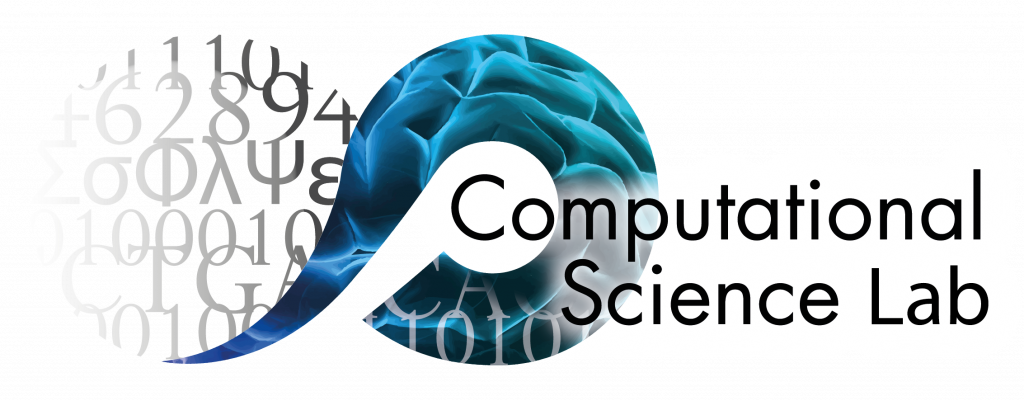
Much of Coveney’s work lies at the interface of computer science, computational science, theoretical physics, chemistry, biomedicine and applied mathematics. He develops theories, algorithms, implementations and applications which run on many of the world’s most powerful supercomputers. Much of his current work focuses on highly scalable lattice-Boltzmann methods for virtual human scale simulation of blood flow, and molecular dynamics for applications in drug discovery and personalised drug treatment. This entails multiscale modelling methods and workflows to deploy such calculations on emerging exascale architectures, together with methods addressing verification, validation and uncertainty quantification for the ensuing simulations.
As professor by special appointment, Coveney will carry out research to develop codes which run efficiently on the largest petascale architectures today as well as the exascale architectures which are expected to emerge in the near future. His research is also aimed at building complex problem-solving environments, including ones for clinical decision support.
About Peter Coveney
Peter Coveney is professor of Physical Chemistry and director of the Centre for Computational Science (CCS) at University College London (UCL). He is also honorary professor of Computer Science at UCL and professor adjunct at Yale University, School of Medicine.
Coveney has led many large-scale projects, including the UK EPSRC RealityGrid Project (2001-09), contributing to high-performance computing (HPC) at international level. Coveney has been Principal Investigator on numerous grants from EPSRC and other agencies, including the EU FP7 Virtual Physiological Human Network of Excellence (2008-13). He has chaired the UK Collaborative Computational Projects Steering Panel and has served on organising committees of conferences, including the 2002 Nobel Symposium on Self-Organisation. He was chair of the Discrete Simulation of Fluid Dynamics conference 2003 and the UK e-Science All-Hands Meeting 2008. He is currently PI of several major EU grants, including CompBioMed and CompBioMed2 (2016-2023) and VECMA (2018-2021), focused on computational methods for biomedical applications and on enabling diverse grand challenge multiscale applications to run on multi-petascale and exascale computers.
Coveney has received a number of prestigious awards, including the Innovative Applications of Artificial Intelligence prize, American Association for the Advancement of Science (1996), SC HPC Challenge Award (2003), ISC Integrated Data and Information Management Award (2004), and the SC Inaugural HPC Analytics Challenge Award (2005). He has been the recipient of many US NSF and DoE as well as European supercomputing awards (DEISA and PRACE), providing access to several petascale computers. He is PI of the US DoE INCITE INtegrated and Scalable PredictIon of REsistance (INSPIRE) project, which lays the foundations for the use of molecular simulation and machine learning to guide precision cancer therapy, and was recently awarded a major allocation of supercomputer resources on Summit (current number one supercomputer in the world) and Titan (current number four).
Coveney is a founding member of the UK Government’s E-Infrastructure Leadership Council and a Medical Academy Nominated Expert to the UK Prime Minister’s Council for Science and Technology on Data, Algorithms and Modelling.
Coveney has published over 400 scientific papers in various international peer-reviewed journals and is an editorial board member of the Philosophical Transactions of the Royal Society A and Journal of Computational Science.He is author of three books, The Arrow of Time, Frontiers of Complexity, and Computational Biomedicine, the first textbook on the topic (Oxford University Press, 2014). He holds 10 patents and has released software including LB3D, Application Hosting Environment, HemeLB, and HYPO4D.
Credits: UvA News

